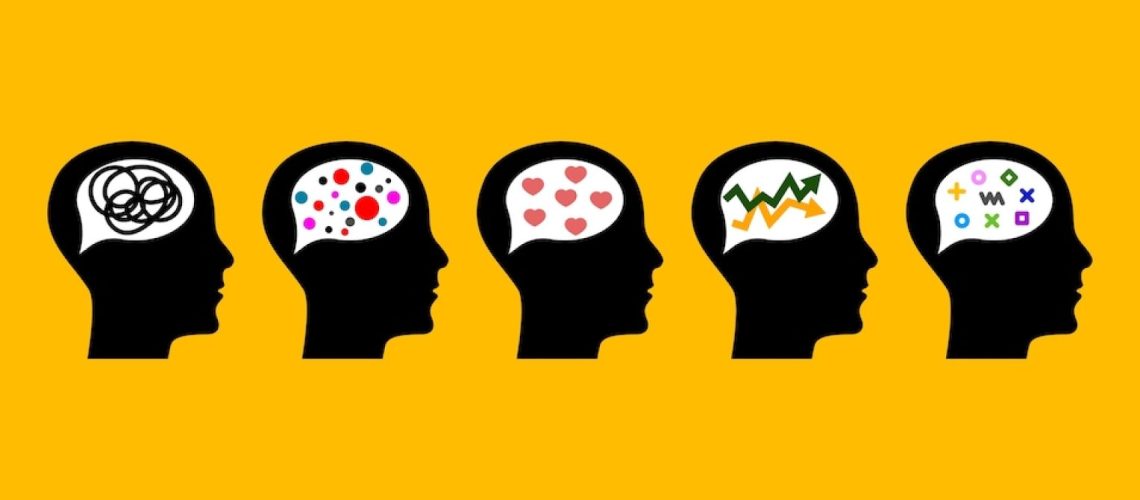New data suggests that 15% to 20% of the population may be neurodivergent – up from estimates of 5% to 10% just five years ago. This shift underscores the critical need for employers to broaden the horizons of their diversity, equity and inclusion (DEI) efforts to encompass neuro-inclusion. Not only will this accommodate the one in five people who exhibit some form of neurodivergence, but also unlock a range of business benefits too for a neurodiverse workforce.
Here, are a few insights from a global study exploring neuro-inclusive practices to empower companies to attract, engage, and retain neurodiverse talent effectively.
Neurodiversity refers to the idea that people experience the world in a multitude of ways. It can also be understood as a non-medical umbrella term that includes several neurological or developmental conditions including autism spectrum disorder (ASD), attention deficit hyperactivity disorder (ADHD), Tourette’s syndrome, dyslexia, and dyspraxia.
Despite a growing focus on DEI, many employers worldwide are still not making a conscious effort to attract and retain neurodiverse talent. Research reveals a troubling truth: half of leaders and managers feel uncomfortable employing or line managing neurodivergent employees.
Business benefits of neuro-inclusion
While welcoming and accommodating neurodiversity would enable businesses to comply with local legislation such as the Employment Equity Act and earn Broad-Based Black Economic Empowerment (B-BBEE) points, Muller pointed out that it could also lead to a number of other tangible benefits. Consider some of the world’s most innovative minds like Microsoft founder Bill Gates who has dyslexia and ADHD, and director Tim Burton who is on the autism spectrum.
Highlighting some of the strengths that neurodivergent talent bring to the table, individuals on the autism spectrum, for instance, often excel in analytical and critical thinking. Those with ADHD work well under pressure, while people with Tourette’s may possess an aptitude for acquiring new skills.
Ccompanies embracing neurodiversity through proactive hiring programmes report a significant advantage. Teams with neurodivergent professionals are 30% more productive than those without and boast a 90% employee retention rate. In today’s business climate, where low productivity, skills gaps, fierce competition for talent, and high turnover plague many organisations, neuro-inclusion emerges as a solution and an opportunity for achieving even greater diversity.
In line with this, employers from leading global corporations indicate they will be more open to hiring non-traditional candidates this year and will also hire for skills instead of formal qualifications. The importance of neuro-inclusion is rising on HR agendas – a trend that is expected to accelerate over the next three years.
How businesses can be neuro-inclusive
Outlining how organisations can become neuro-inclusive, educating all employees about the advantages of a neurodiverse workforce. Equipping leaders with the skills to recognise and support the unique needs of neurodivergent individuals is equally crucial. Beyond traditional job descriptions, designing roles that align with the strengths and interests of neurodiverse talent can help to unlock their full potential. Furthermore, providing personalised mentorship, regular check-ins with managers, and an employee resource group can help set these employees up for success.
Ultimately, fostering a workplace that celebrates different ways of thinking empowers everyone to be their authentic selves and when we do that, we empower our businesses to thrive.
Karen Muller, Global Client Success Advisor at the Top Employers Institute who spoke at the recent Top Employers Africa Red Table Talk.
For more information go to https://www.top-employers.com/en-ZA.


























